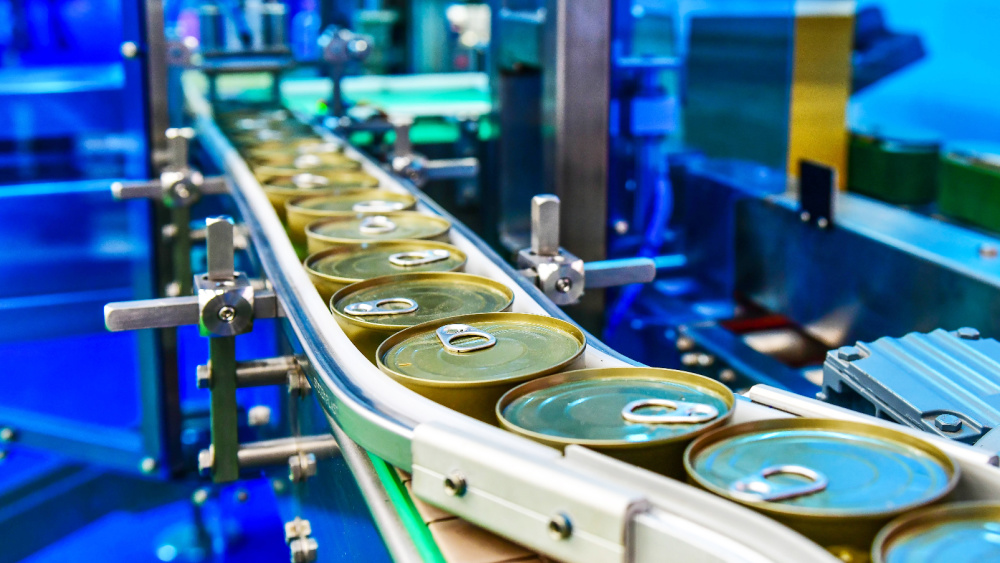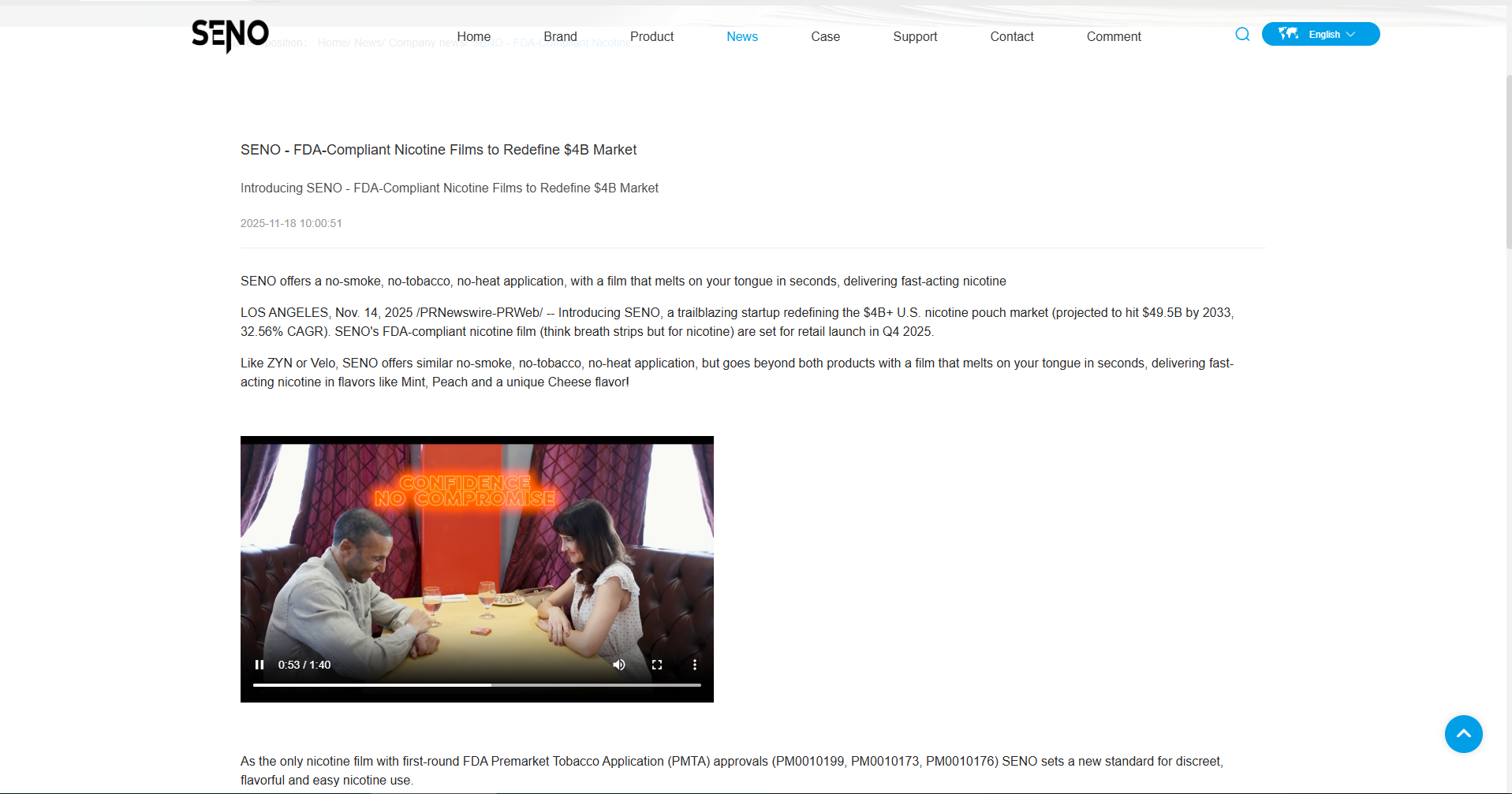When it comes to purchasing goods and services, there are two primary types of buyers: consumers and industrial buyers. While both types of buyers are looking to acquire products, the way they go about it and the factors that influence their decisions can be vastly different. In this article, we will explore the key differences between consumer buying and industrial buying.
Consumer Buying
Consumer buying refers to the process by which individuals purchase goods and services for personal use. This can include anything from groceries and clothing to electronics and vehicles. Consumer buying decisions are often influenced by factors such as personal preferences, emotions, and social status. Consumers tend to be more price-sensitive and are often looking for the best value for their money.
In addition, consumer buying is often driven by marketing and advertising. Companies use various tactics to appeal to consumers, such as creating catchy slogans, using celebrity endorsements, and offering discounts and promotions. Consumers are also more likely to make impulse purchases, especially if they are in a retail environment.
Industrial Buying
Industrial buying, on the other hand, refers to the process by which businesses purchase goods and services for their operations. This can include anything from raw materials and equipment to software and consulting services. Industrial buying decisions are often influenced by factors such as quality, reliability, and long-term cost-effectiveness. Industrial buyers tend to be less price-sensitive and are more focused on the overall value that a product or service can provide.
In addition, industrial buying is often driven by relationships and trust. Businesses are more likely to work with suppliers that they have established relationships with and that they trust to deliver high-quality products and services. Industrial buying is also more likely to involve multiple decision-makers, such as procurement managers, engineers, and executives.
Conclusion
In summary, the key differences between consumer buying and industrial buying come down to the factors that influence the decision-making process. Consumers are more likely to be influenced by personal preferences and emotions, while industrial buyers are more focused on quality and long-term value. Understanding these differences is crucial for businesses that are looking to sell to either type of buyer, as it can help them tailor their marketing and sales strategies accordingly.


